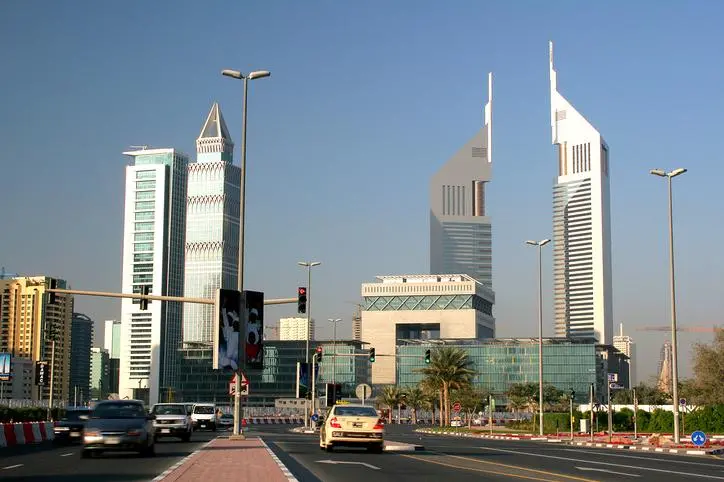PHOTO
The slowdown in the non-oil sector is likely to affect Dubai and Sharjah more than the UAE capital Abu Dhabi whose reliance on the sector is non-significant, Global ratings agency Moody's said in a report.
"Dubai and Sharjah's revenues are more vulnerable to slowing macroeconomic conditions, as their revenue bases are reliant on government fees, fines and to a lesser extent, tax revenues," said Thaddeus Best, a Moody's Analyst and the report's author.
"For Dubai in particular, lower growth and counter-cyclical fiscal policy are aggravating already elevated debt levels, despite the generally more cautious fiscal stance adopted by the authorities since the 2009 debt crisis," he added.
By contrast, Abu Dhabi is more insulated as its non-oil revenues are relatively small compared to hydrocarbons and investment income from the Abu Dhabi Investment Authority (ADIA), which comprise the vast majority of government revenues.
Moody's expects the slowdown in the non-oil sector to be protracted because of the soft labour market, structural constraints facing the UAE's tourism and shipping sectors and wage deflation, which is likely to also impact residential rents and retail trade.
The ratings agency has highlighted the lack of new revenue measures planned for the year.
"New taxes coordinated at federal-level, such as VAT, have been very successful, but no new federal-level revenue measures are currently planned apart from a small expansion of excise tax at the end of this year," the report noted.
There is a higher risk that Dubai and Sharjah may have to increase their reliance on upstreamed transfers and dividends from government-related entities (GREs) if their existing non-tax revenue streams underperform, the report said, adding, such a move would be unorthodox, as GREs within the UAE are typically run at arms length from the government and with a high level of operational independence.
(Writing by Seban Scaria seban.scaria@refinitiv.com, editing by Anoop Menon)
© ZAWYA 2019





















